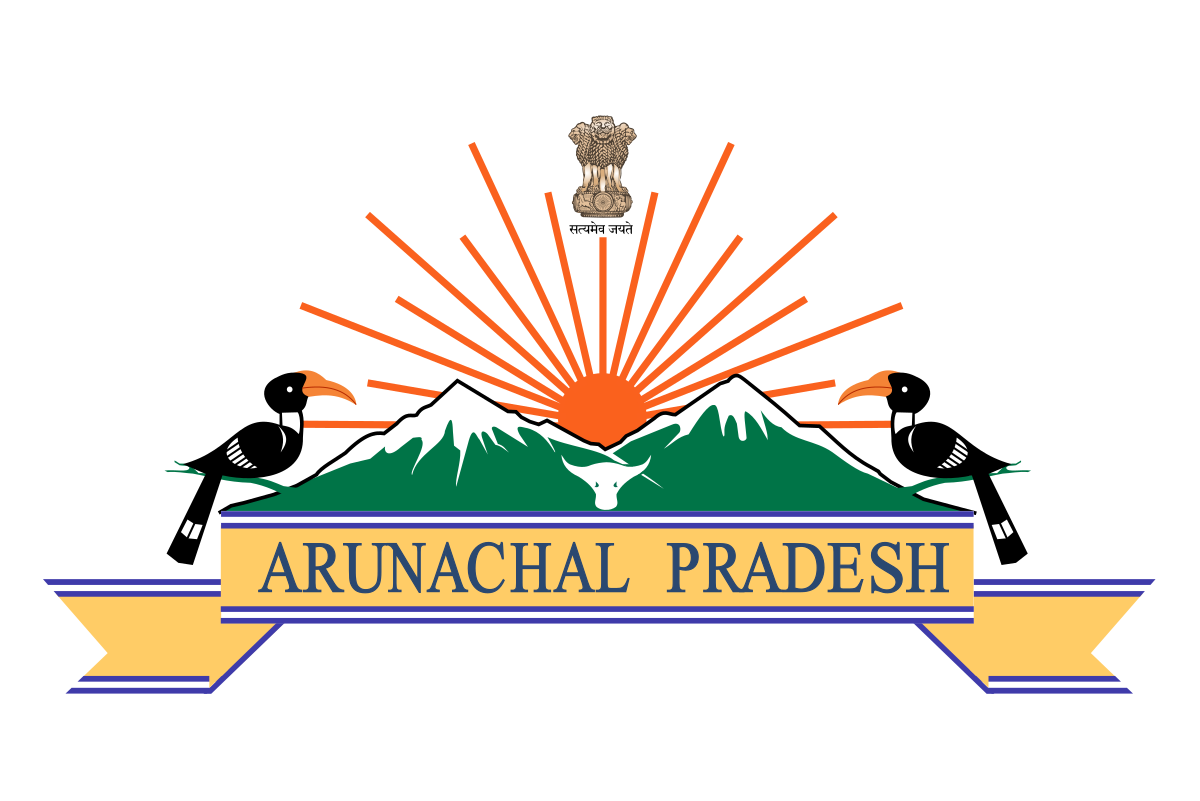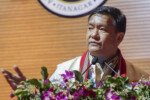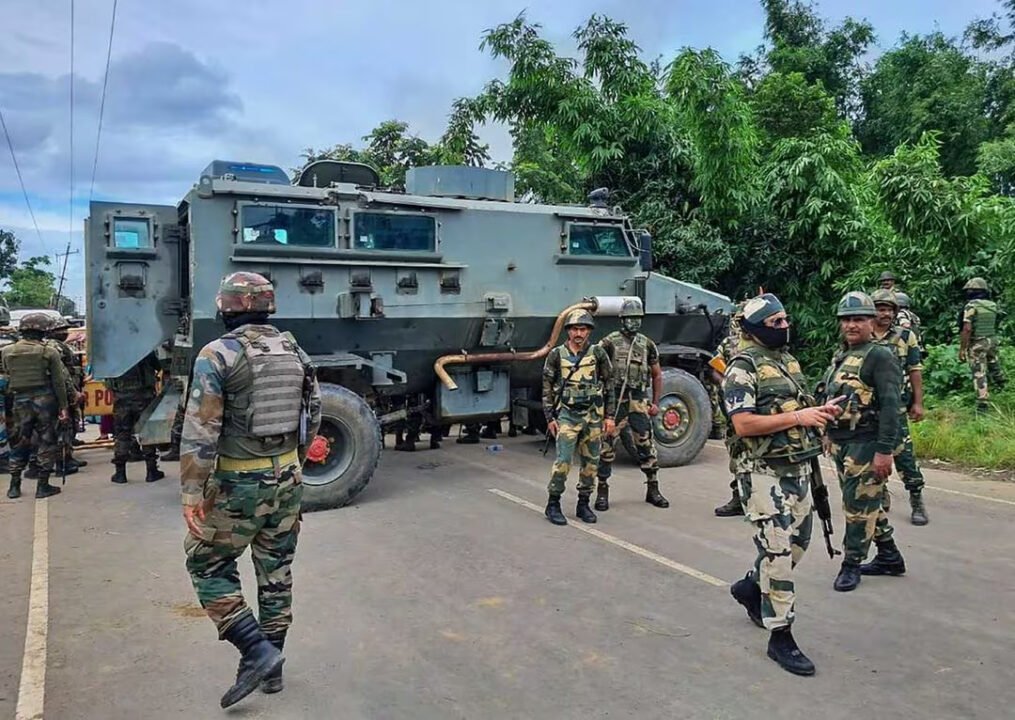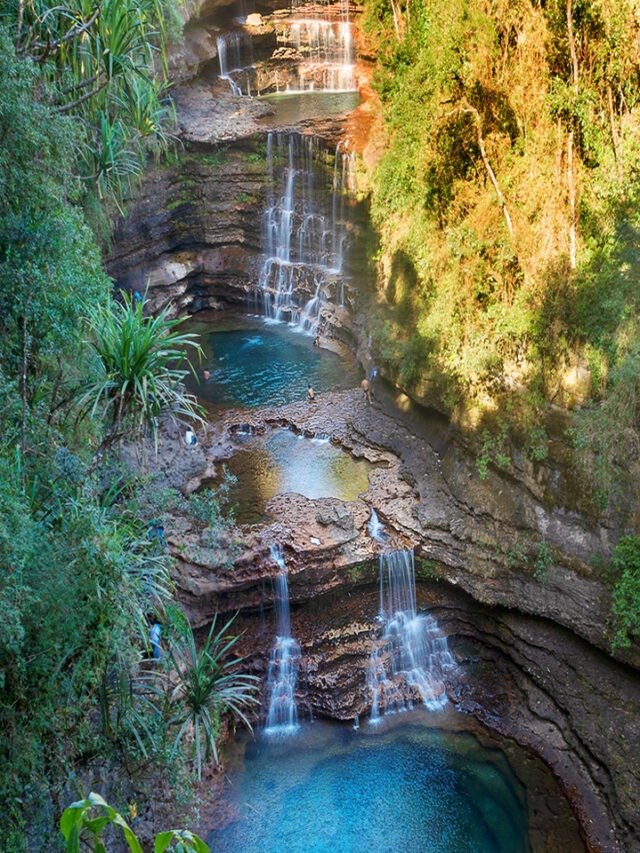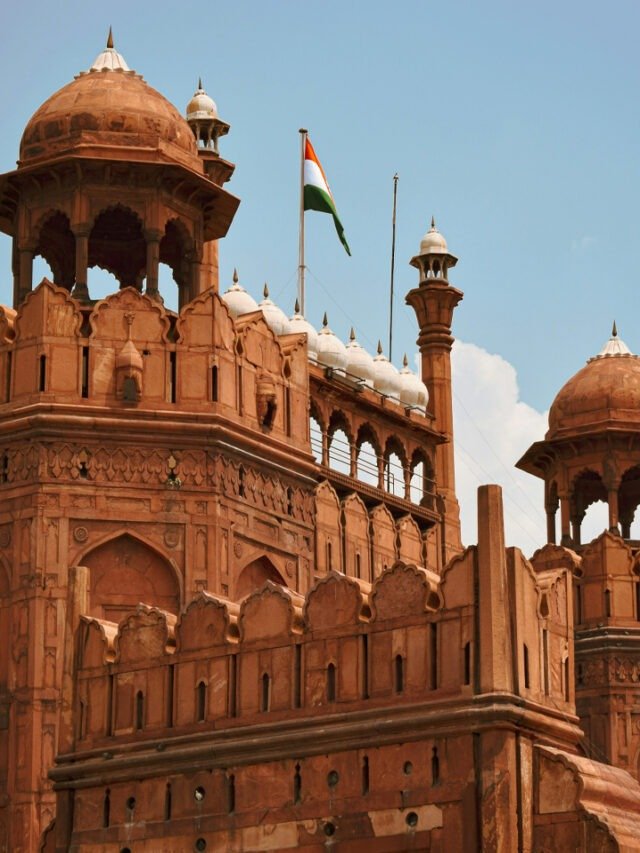ITANAGAR, Aug 11: The Arunachal Pradesh BJP unit on Monday accused the opposition Congress of politicising sensitive issues such as Article 371(H) of the Constitution, the state freedom of religion act (APFRA) 1978, and the Siang Upper Multipurpose Project (SUMP), to score political points.
The BJP claimed that all three measures were brought in or approved under earlier Congress regimes.
Addressing the media here, BJP state spokesperson and Roing MLA Mutchu Mithi said that Article 371(H) was enacted in 1986 when the Congress was in power both in the state and at the Centre. Similarly, the APFRA was passed during a Congress government, and the SUMP was approved by the then Congress-led Union government in 2009.
“Congress has for years been raising issues without any factual base, only to gain political mileage. The party lost its way after being dethroned from power,” Mithi alleged.
The remarks came after APCC president Bosiram Siram recently met Leader of Opposition in the Lok Sabha, Rahul Gandhi and Congress President Mallikarjun Kharge in New Delhi.
Siram had raised demands for amending Article 371(H) to bring it on a par with provisions under Article 371(A) for Nagaland and Article 371(G) for Mizoram, besides voicing concerns over the SUMP and the APFRA.
On the SUMP, Mithi cited strategic and environmental concerns linked to China’s construction of a massive hydropower dam on the Brahmaputra River (Yarlung Zangbo) in Tibet.
“The main concerns are potential disruptions to water flow, ecological damage, and the possibility of water manipulation during times of tension,” he said, adding that the proposed SUMP would regulate the water flow.
The proposed SUMP, an 11,000 MW run-of-the-river hydroelectric project on the Siang, aims to generate power, regulate water flow, support irrigation, and moderate floods. With a potential storage capacity of nearly 9 billion cubic metres, it could be one of the largest reservoirs in India, the BJP MLA said.
Article 371(H) grants the Governor of Arunachal Pradesh special responsibility for law and order, with discretionary powers after consulting the Council of Ministers.
The APFRA, enacted in 1978, prohibits religious conversion through force, inducement, or fraud to protect indigenous faiths, a provision that has recently sparked debate, with calls for stricter enforcement and protests against it.
Meanwhile, APCC president Bosiram Siram accused the BJP government of evading key governance responsibilities, “mishandling” national security, pushing controversial projects without public consent, and ignoring repeated demands for greater legislative autonomy under Article 371(H).
Siram charged that the BJP has “failed” to deliver promised border infrastructure.
“National security is not a political game. Instead of assuring the people of the state about our borders, the BJP leadership shamelessly washed their hands of the matter,” Siram said in a statement in response to the BJP spokesperson’s allegation.
On the Siang Upper Multipurpose Project (SUMP), Siram said Congress is not anti-development but pro-people, warning that the dam would submerge vast areas, displace indigenous communities, and proceed without free, prior, and informed consent.
“Any development without the consent of affected communities and environmental safeguards is destruction, not progress,” he said, questioning the deployment of paramilitary forces in the project area as “dictatorial”.
Siram also demanded to know why the BJP has not moved to amend Article 371(H) to strengthen legislative powers and ensure indigenous ownership over land and resources, despite public demands.
“Will BJP commit to supporting such an amendment in Parliament this term? Yes or no?” he asked.
Accusing the ruling party of being “casual, careless, and unprepared”, Siram said the BJP blames Congress to mask its “own incompetence”.
“Arunachal Pradesh deserves a government that takes ownership, finds solutions, and speaks the truth, not one that hides behind excuses,” he said. (PTI)




